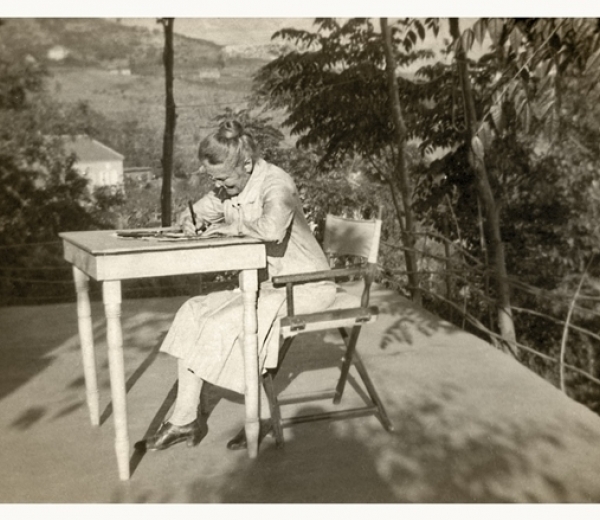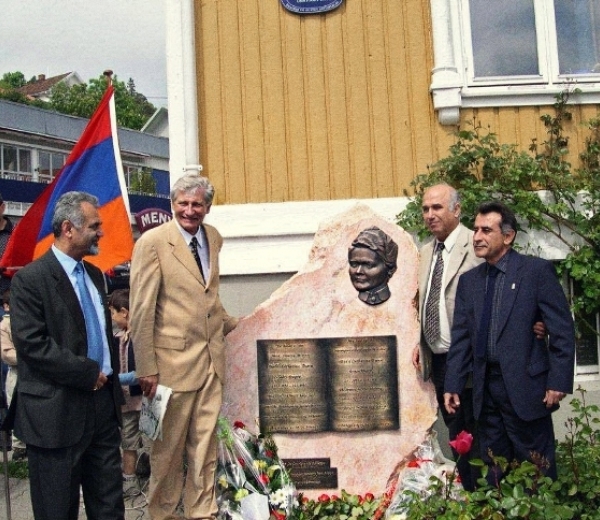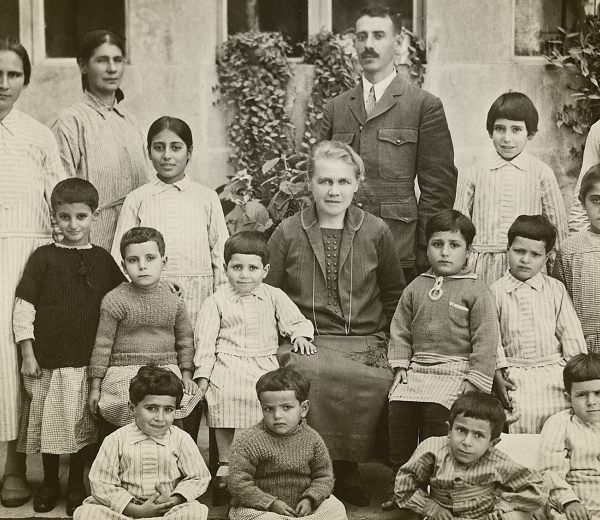Bodil Bioern
Most women of her age and social class were expected to marry and raise a family. For a time these were Bodil’s expectations. Then, in 1903, she began attending lectures given by German and Scandinavian missionaries on the plight of the Armenians in Turkey, and her life took a dramatically different trajectory.
Within two years the Women’s Missionary Organization (WMO) dispatched her to the Ottoman Empire to work as a nurse. With the funding provided by the WMO she opened an orphanage, a school and an ambulance station. She hired local workers and learned Armenian, Turkish, Arabic, German and English.
But if the pogroms of the 1890s struck Bodil to the core, what happened next was far worse.
What marks her out from many brave people is her remarkable achievement in compiling evidence of what was happening during the Armenian Genocide while the international community looked the other way.
She survived against the odds, but in the end her young charges did not. The orphanage where Bodil was working was set on fire, and the children burned alive in front of her.
“After losing my orphans I suffered psychologically, but even the deep hopelessness could not push me to leave that place and to return to my country. I stayed in Kharberd* for five months and was looking for a chance to return to Mush** and maybe find some of my orphans alive so that I could calm my heart,” she said later.
Bodil did find an opportunity to return to Mush and helped by sheltering and feeding survivors.
BY THE END OF 1918 BODIL HAD SAVED HUNDREDS OF ARMENIAN ORPHANS AND WOMEN.
In 1926 she moved to Syria, where she worked in orphanages taking care of Armenian children until 1935.



